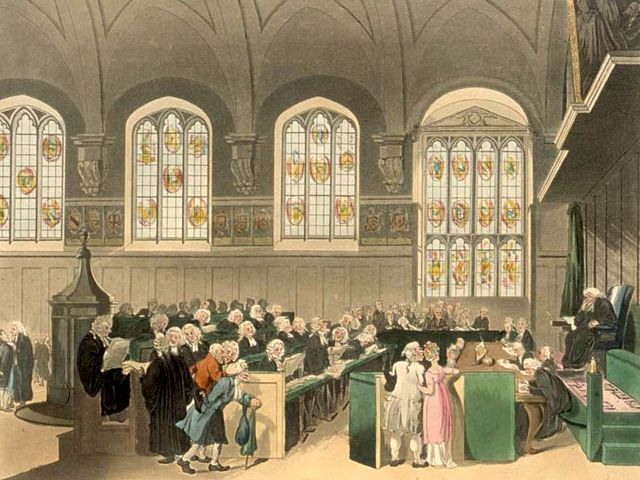Monday
If you’ve been following news about Twitter recently, you will know that multi-billionaire Elon Musk is trying to pull out of his deal to buy the social media giant. I’m relieved since he had planned to reinstate Donald Trump’s ability to promote falsehoods—the former president’s lies about Covid and a stolen election may have been the most damaging—but otherwise I haven’t paid the story all that much attention. What caught my eye was the following statement by Twitter’s Board of Directors chair, which suggests that the man hasn’t read his Charles Dickens:
Bret Taylor, chairman of the Twitter board of directors, wrote that the social media platform is “committed to closing the transaction on the price and terms agreed upon with Mr. Musk and plans to pursue legal action to enforce the merger agreement. We are confident we will prevail in the Delaware Court of Chancery.”
According to a Deadline article on the development,
Elon Musk’s attempt to terminate his Twitter acquisition will likely force the social network into a protracted legal battle and send its stock price diving — thrusting a new level of chaos upon the firm after months of public disputes have battered its reputation and employee morale.
Twitter’s board said that it was confident the company would prevail in court, but analysts warn — and employees fear — that Musk’s letter sets the stage for a turbulent period, which could carry new financial risks for the company and its workers.
I’m sure I’m not the only one who thought of Bleak House the moment we heard that Twitter was counting on a Court of Chancery to set everything right. I know the institution has evolved since Dickens’s time, but there’s still the potential that something like the following will happen:
Jarndyce and Jarndyce drones on. This scarecrow of a suit has, in course of time, become so complicated that no man alive knows what it means. The parties to it understand it least, but it has been observed that no two Chancery lawyers can talk about it for five minutes without coming to a total disagreement as to all the premises. Innumerable children have been born into the cause; innumerable young people have married into it; innumerable old people have died out of it. Scores of persons have deliriously found themselves made parties in Jarndyce and Jarndyce without knowing how or why; whole families have inherited legendary hatreds with the suit. The little plaintiff or defendant who was promised a new rocking-horse when Jarndyce and Jarndyce should be settled has grown up, possessed himself of a real horse, and trotted away into the other world. Fair wards of court have faded into mothers and grandmothers; a long procession of Chancellors has come in and gone out; the legion of bills in the suit have been transformed into mere bills of mortality; there are not three Jarndyces left upon the earth perhaps since old Tom Jarndyce in despair blew his brains out at a coffee-house in Chancery Lane; but Jarndyce and Jarndyce still drags its dreary length before the court, perennially hopeless.
Jarndyce and Jarndyce has passed into a joke. That is the only good that has ever come of it. It has been death to many, but it is a joke in the profession. Every master in Chancery has had a reference out of it. Every Chancellor was “in it,” for somebody or other, when he was counsel at the bar. Good things have been said about it by blue-nosed, bulbous-shoed old benchers in select port-wine committee after dinner in hall. Articled clerks have been in the habit of fleshing their legal wit upon it. The last Lord Chancellor handled it neatly, when, correcting Mr. Blowers, the eminent silk gown who said that such a thing might happen when the sky rained potatoes, he observed, “or when we get through Jarndyce and Jarndyce, Mr. Blowers”—a pleasantry that particularly tickled the maces, bags, and purses.
Although Jarndyce and Jarndyce is settled at the end of the novel, it’s only because the money runs out. Musk and Twitter may not run out of money, but many lawyers stand to get rich while the suit is underway.


